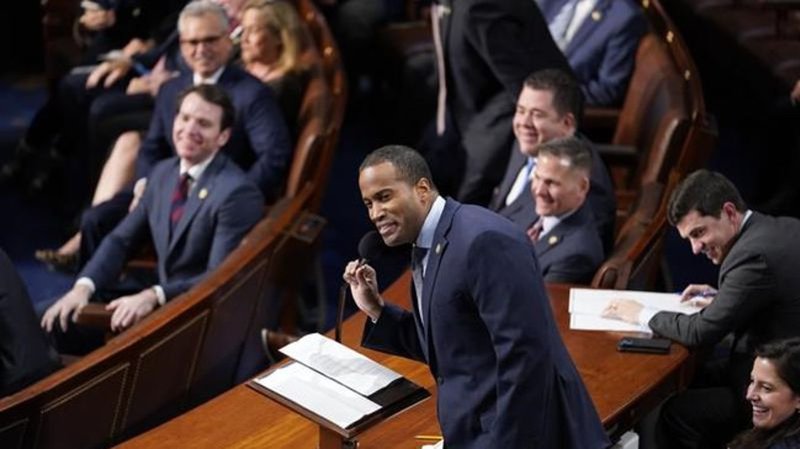
House stalemate still holds back choice of a new speaker
WASHINGTON (AP) — Pressure mounting, the House opened with the prime speaker’s chair empty for a third day Thursday, as Republican leader Kevin McCarthy failed repeatedly to win enough votes from his party to become House speaker.
McCarthy emerged from a morning meeting with colleagues at the Capitol determined to persuade Republican holdouts to end the stalemate that has blighted his new GOP majority.
But despite endless talks, signs of concessions and a public spectacle unlike any other in recent political memory, the path ahead remained highly uncertain. The day started as the other two have, with Republican allies nominating him to be speaker.
But party holdouts again put forward the name of fellow Republican Byron Donalds of Florida, assuring the stalemate would continue.
